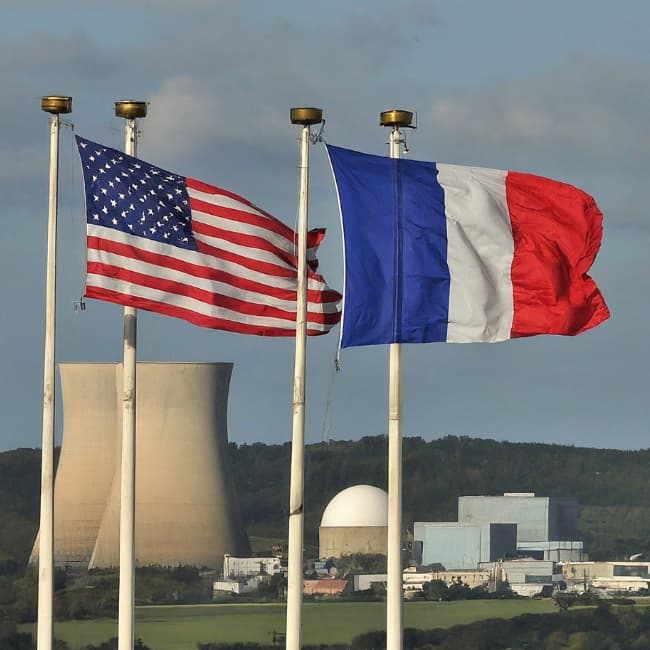
Aditi Verma explores nuclear safety epistemologies in international business journal
Professor Verma’s paper examines the differing conceptualizations of nuclear safety by regulatory institutions in the U.S. and France.

Professor Verma’s paper examines the differing conceptualizations of nuclear safety by regulatory institutions in the U.S. and France.
The most recent issue of Entreprises et histoire, an international journal on the history of businesses and management, highlights Le Nucléaire Civil, or the civil uses of nuclear energy.
Aditi Verma contributed to the issue with “A Tale of Two Epistemologies: The Evolution of Nuclear Safety in the U.S. and French Nuclear Industry.” The paper delves into the differing conceptualizations of nuclear safety by regulatory institutions in the U.S. and France.
Verma, an assistant professor of nuclear engineering and radiological sciences at the University of Michigan, researches how nuclear technologies specifically and complex technologies broadly—and their institutional infrastructures—can be designed in more just, equitable, creative, and participatory ways that are epistemically inclusive of both lay and expert perspectives. She is interested in developing a more fundamental understanding of the early stages of the design process to improve design practice and pedagogy, and also improve the tools with which designers of complex systems work.
In the article, Verma provides a detailed examination of the probabilistic and deterministic approaches to nuclear safety, highlighting why these methodologies have been adopted differently in the two countries. Through a thorough analysis of publicly available documents, regulatory reports, and trade press, she traces the development and application of defense-in-depth and probabilistic risk assessments (PRA) as key safety philosophies in the U.S. and France.
Verma’s paper covers:
Verma’s research underscores the impact of these differing epistemologies on the nuclear safety landscape and their broader implications for regulatory practices. Her work contributes to a deeper understanding of how historical, cultural, and methodological factors shape nuclear safety policies.